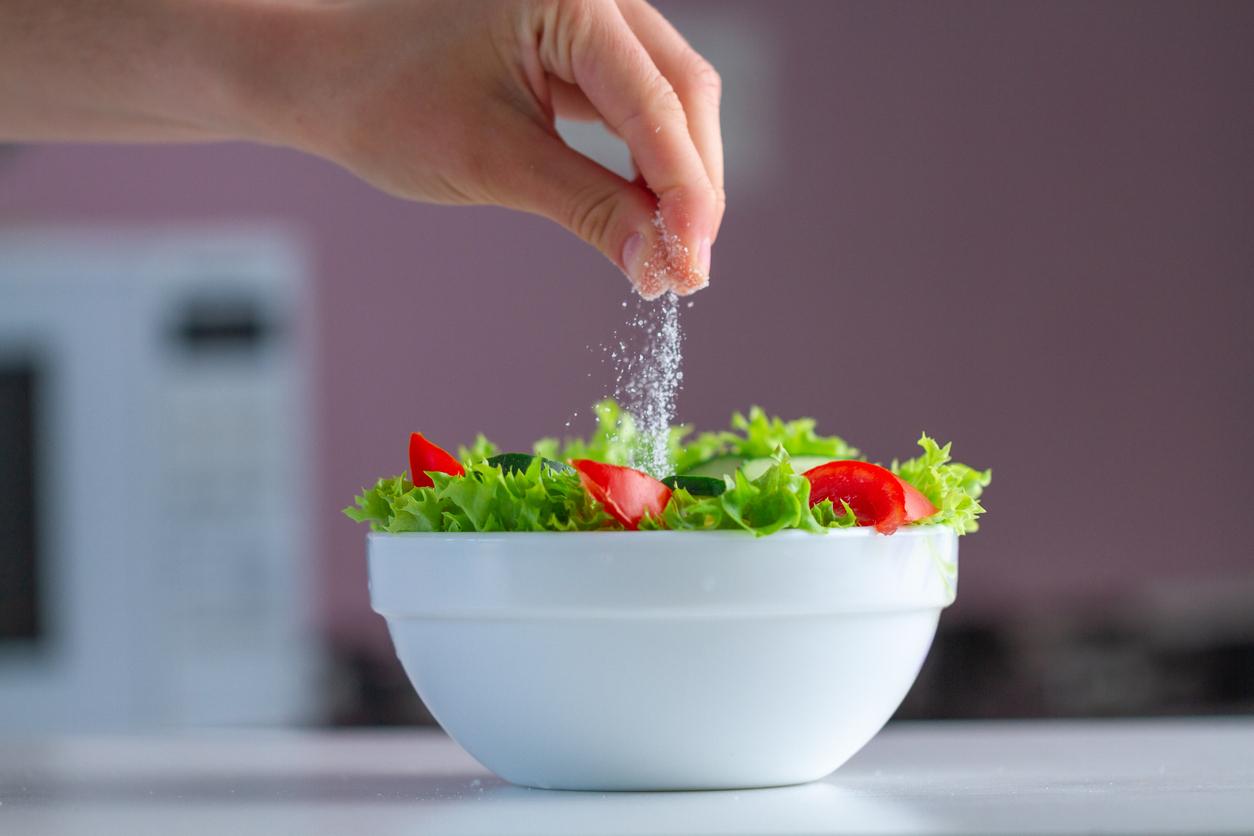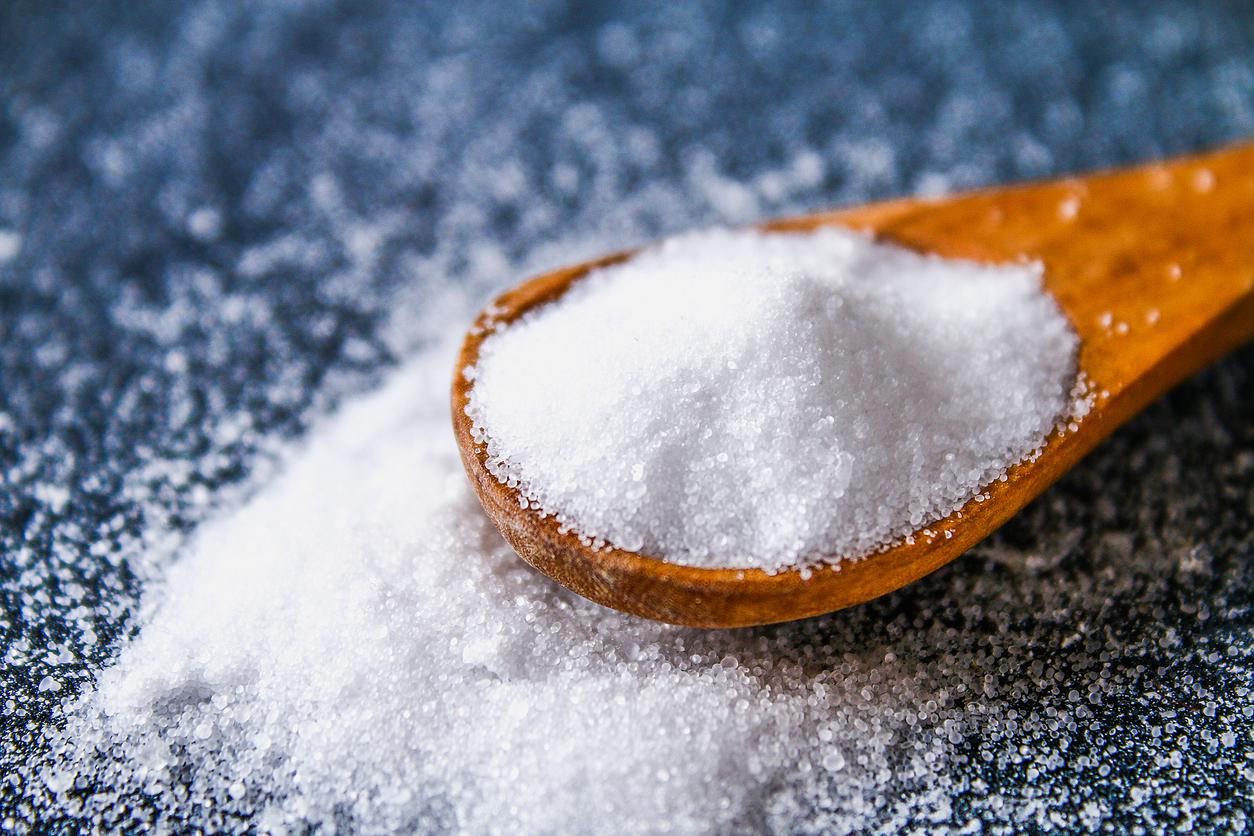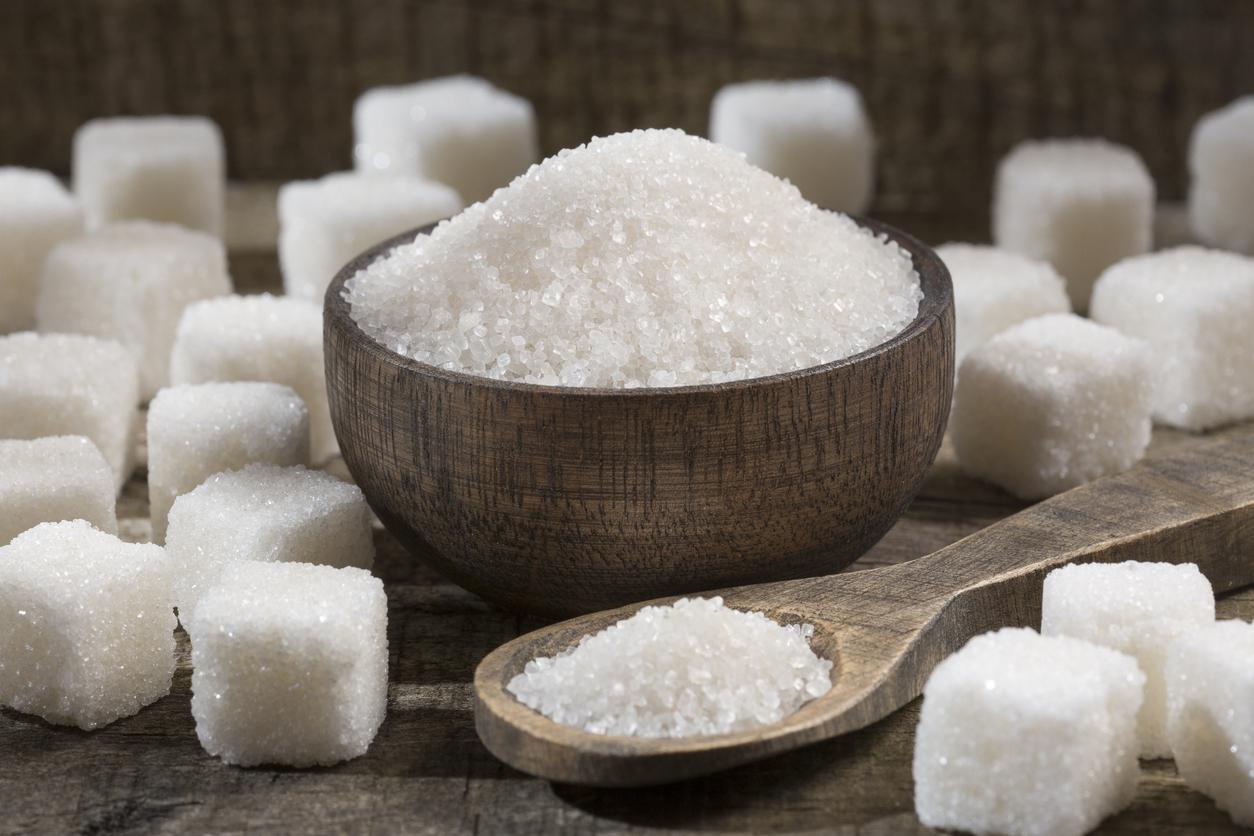We are not all equal when it comes to salt. If some people are content with a small pinch on their plate, others will systematically re-salt all their dishes. Problem: Overconsumption of salt is bad for your health. Beyond 12 grams of salt per day, the risk of high blood pressure, heart failure, osteoporosis or type 2 diabetes skyrockets.
Researchers at the University of Munich (in Germany) may have discovered why some people need to put more salt in their diet. In reality, they explain in the specialized journal Journal of Agricultural and Food Chemistry, everything would be at the level of saliva.
An enzyme responsible for salt sensitivity
The German researchers worked with a small group of 31 volunteers, whom they tested to determine their salt sensitivity. Then, using different techniques, they analyzed the composition of the participants’ saliva. Verdict? The volunteers who were the most sensitive to salt (those who re-salt their dishes the least) had higher levels of endopeptidases than the others.
Endopeptidases are enzymes whose role is to “cut” proteins provided by food. The researchers’ hypothesis is therefore as follows: these enzymes could modify the way in which sodium is assimilated by the body by artificially increasing the number of molecules absorbed by the cells. Another hypothesis: these enzymes would increase the taste of salt tenfold… which would prevent us from salting our plate more. And would protect our health.
Read also :
Eating salty makes you hungry
The trick to not going to the toilet at night
Thousands of lives saved thanks to a less salty diet

















